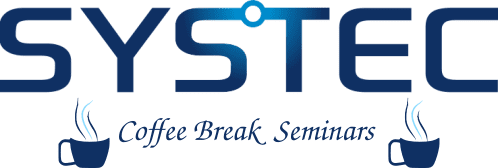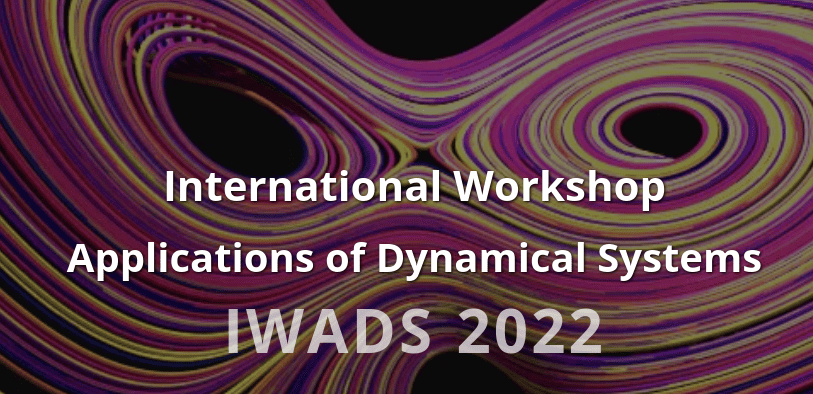Continuing with the SYSTEC presentations, we will now have the following:
- November 28, 4:00 – 4:30 pm (Room I-105) – Quantum Pontryagin Neural Networks in Gamkrelidze Form Subjected to the Purity of Quantum Channels – Nahid Dehaghani, C2SR, SYSTEC, FEUP.
- December 5, 4:00 – 4:30 pm (Room TBD) – An Optimal Control and Reinforcement Learning Approach with Multi-Fidelity Simulation Models for Motion Control of Four In-Wheel Motor Vehicles – Huu Thien Nguyen, LSCOE, SYSTEC, FEUP.
- December 12, 4:00 – 4:30 pm (Room TBD) – Optimal Control of Distributed Ensembles with Application to Bloch Equations – Roman Chertovskikh, SYSTEC, FEUP.








